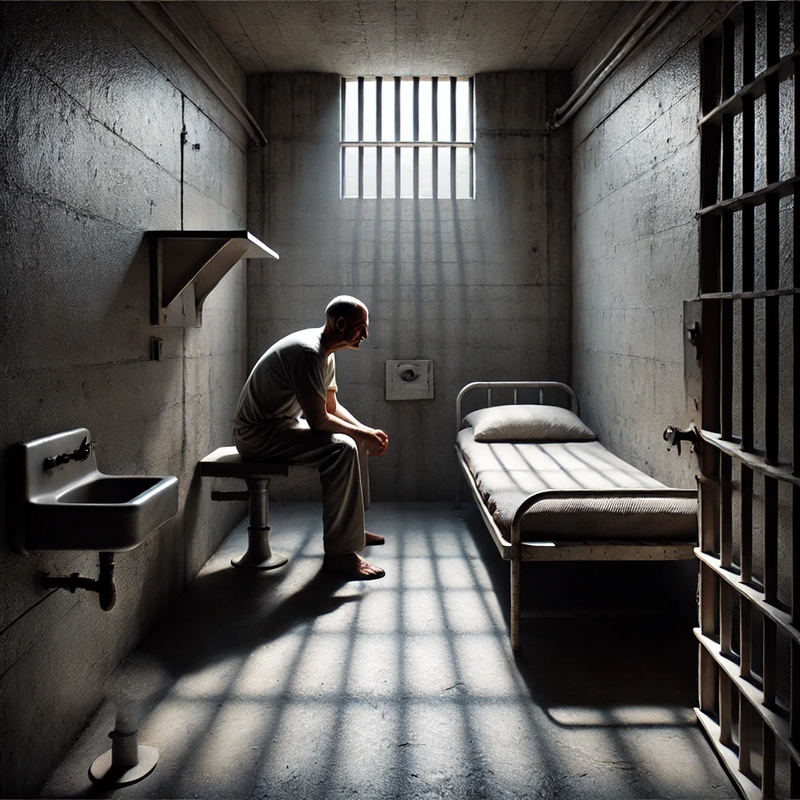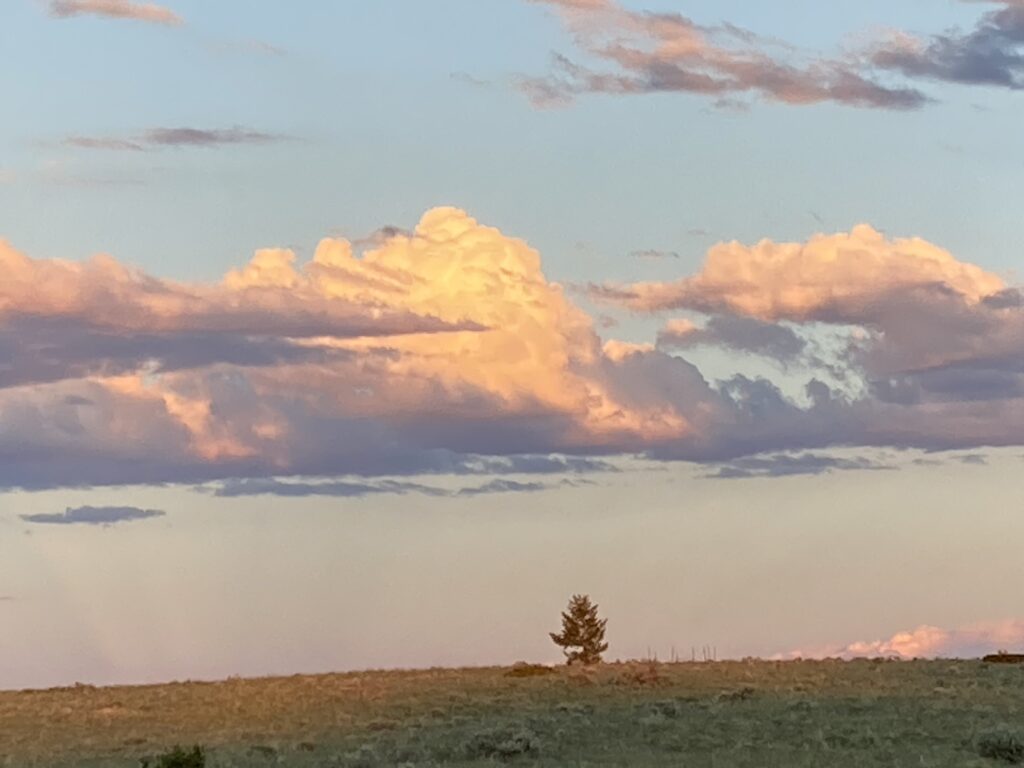
Bible Rebel continues to keep a watchdog’s eye on events around the world.
MSN News reports via The Associated Press that tensions between India and Pakistan have surged following a deadly attack on tourists in Indian-controlled Kashmir.
India has accused Pakistan of being involved, though Pakistan denies any connection. In response, India has downgraded diplomatic ties, revoked visas for Pakistani nationals, and suspended a crucial water-sharing treaty.
Pakistan has retaliated by canceling visas for Indian nationals, suspending trade, and closing its airspace to Indian aircraft. The situation remains volatile, with both nations exchanging strong statements.
This is very concerning because both India and Pakistan have nuclear weapons.
From the AP article linked above:
“India and Pakistan have built up their armies and nuclear arsenals over the years. India was the first to conduct a nuclear test in 1974, followed by another in 1998. Pakistan followed with its own nuclear tests just a few weeks later. The sides have since armed themselves with hundreds of nuclear warheads, missile delivery systems, advanced fighter jets and modern weapons to take on each other.“
This situation is certainly worth putting on your radar. We will keep our readers alerted to ongoing developments.





